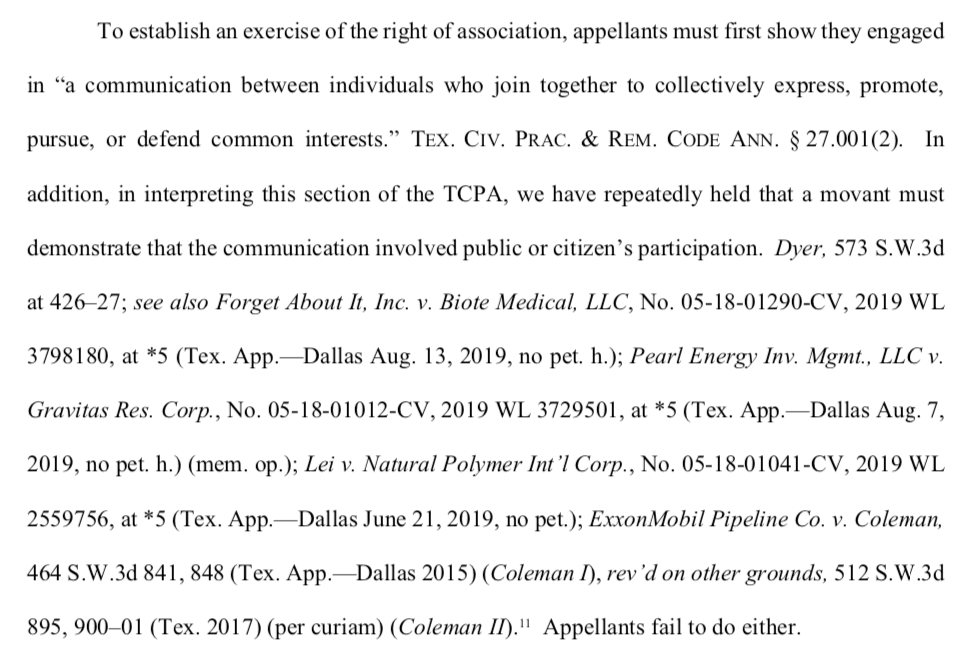When Does Forfeiting Equity Equal a Non-Compete?

Sometimes a Texas non-compete will take the form of forfeiture clause rather than an express prohibition on competing. Is that a non-compete?

Sometimes a Texas non-compete will take the form of forfeiture clause rather than an express prohibition on competing. Is that a non-compete?

A recent case offers lessons on how to get (or avoid) a trade secrets injunction in Texas.

The Texas legislature amended the TCPA to exempt most non-compete and trade secret claims. So is there anything left of the statute that applies to departing employee litigation?

A non-compete that bars an employee from working in the industry in any capacity is generally an impermissible “industry-wide exclusion” under Texas law.

The Texas Supreme Court’s opinion in Mercedes-Benz v. Carduco is part of a trend carving back the “fraudulent inducement” theory in business transactions.

The Texas legislature, the Dallas Court of Appeals, and the Fifth Circuit have combined to tame the statute that once swept through Texas litigation like a prairie fire.

Are you a Texas business, or a lawyer who represents Texas businesses in litigation? Get ready for federal-style motions to dismiss to become routine in state court litigation.

If your contract has a standard “disclaimer of reliance,” does that mean the other party can’t sue you for fraudulent inducement?

The Federalization of the Texas discovery rules is coming. Most of the changes look good, but limiting parties to 25 requests for production?

Check out this updated version of our popular “Trade Secrets 101” memo.